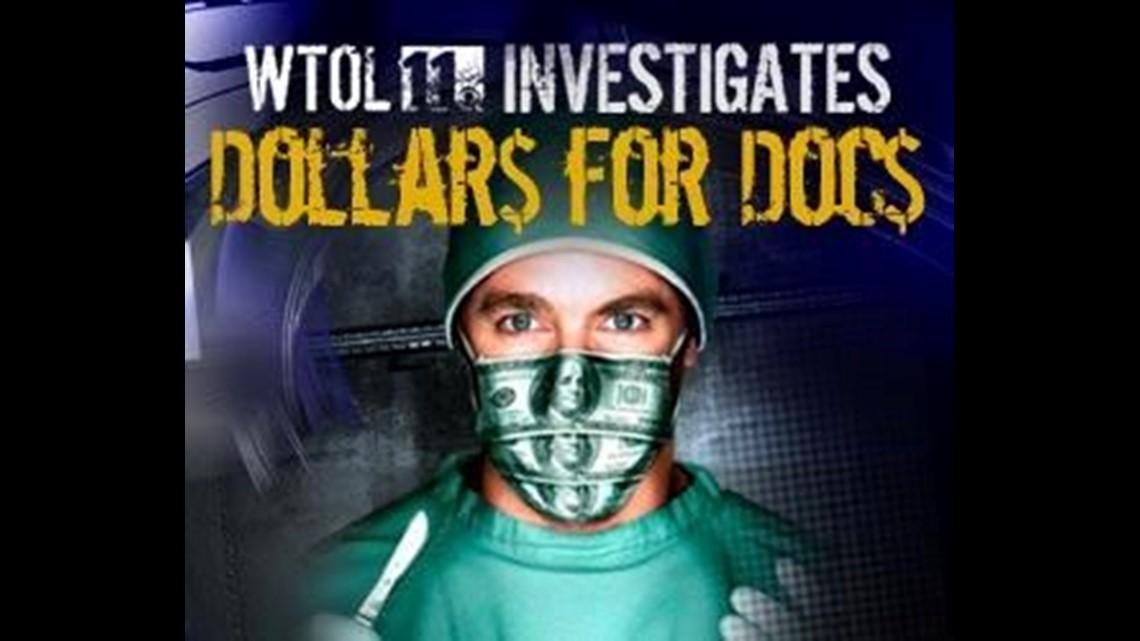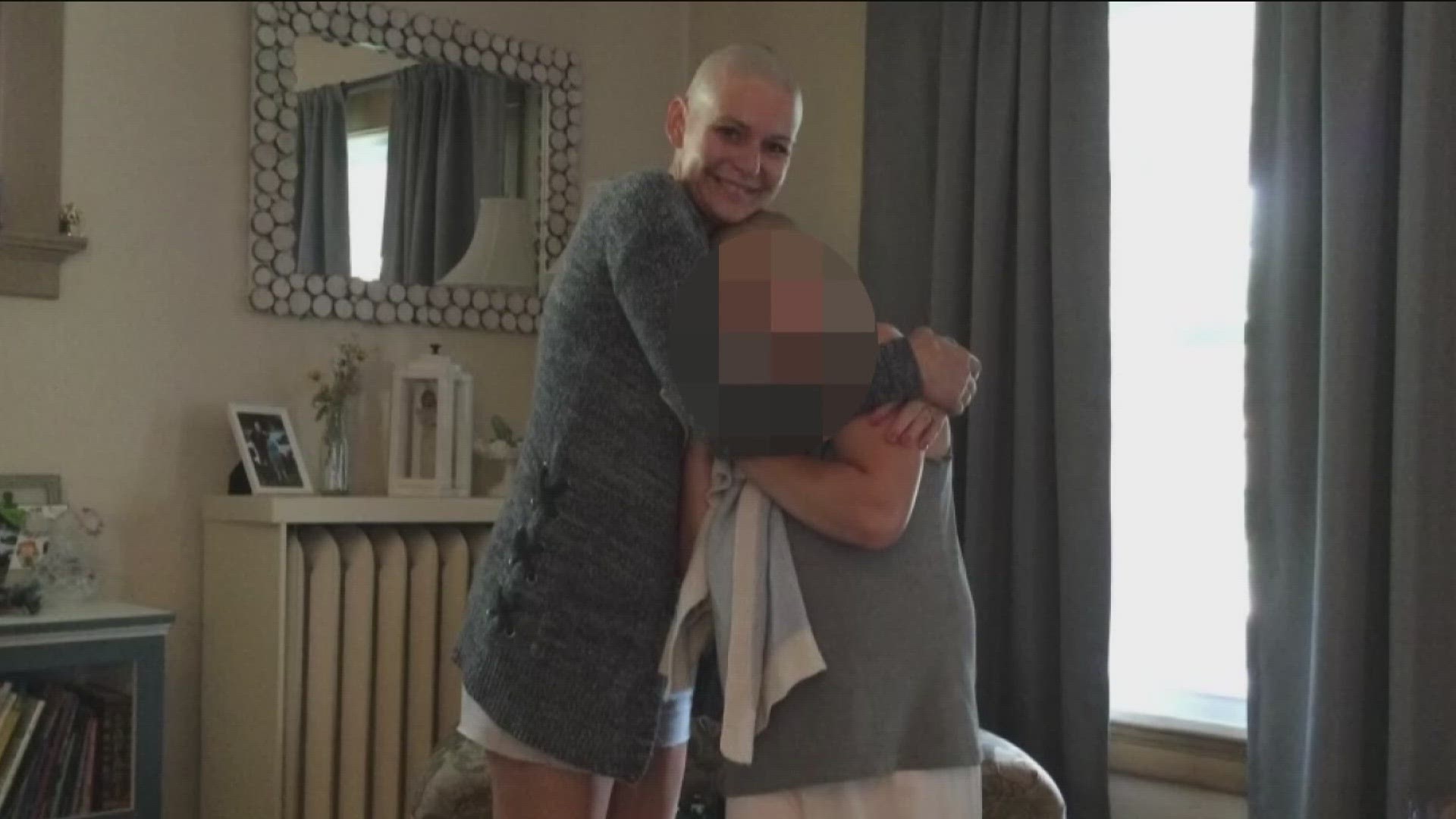

(WTOL) - Doctors on the payroll of a pharmaceutical company - it is legal, but what questions should you be asking?
Jonathan Walsh investigated health care providers in Northwestern Ohio who are accepting hundreds of thousands of dollars from drug companies and challenged them about their practices.
Propublica, an independent, non-profit news provider investigating issues in the public interest, recently published a database showing the ties between medical professionals and the drug and device industry.
Using that data, WTOL found the three pharmaceutical companies who paid out the most money to medical professionals in the area in 2009 and 2010.
Eli Lilly, GlaxoSmithKline and Johnson and Johnson topped the list. They all denied WTOL interviews and provided similar responses emphasizing the legality of their relationships with medical providers.
"Lilly is committed to ensuring that our relationships with healthcare providers are conducted in a manner that complies with applicable legal and ethical standards," wrote J. Scott MacGregor, director of communications for Lilly USA, in a statement.
GlaxoSmithKline detailed how the company employs medical professionals.
According to a statement GlaxoSmithKline, hires doctors to speak about how they use GlaxoSmithKline drugs, advise the company on needs in the medical community and assist with research for the development of "new medicines, vaccines, and health related products," said Mary Anne Rhyne, director of US Media Relations.
The number four highest paid person in Northwest Ohio during 2009 and 2010 is Dr. Roy Harris in Bucyrus.
Records from Propublica show Harris was paid more than $53,000 by Merck and Eli Lilly in 2009.
Harris defended money saying he had earned the compensation, spending significant time traveling the country and giving presentations for pharmaceutical companies and away from his office.
"When I left my practice, I had to do one of two things. Either I miss the income totally because I wasn't here to see patients, or I had to pay somebody to cover my patients," said Harris.
Jackie Birie, a nurse from Toledo, helps to provide educational classes funded by pharmaceutical companies. In 2009 and 2010, Birie was paid more than $120,000, making her the second most money from drug companies in our area.
At first Birie agreed to go on camera to explain the income she received but later declined.
The number one paid person in Northwest Ohio is Dr. D Wayne Bell from Bowling Green.
Bell is a family practitioner who in 2009 and 2010 made a total of more than $233,000 for speaking engagements tied to pharmaceutical educational programs. In 2010, he gave about 100 presentations.
According to Bell, he puts considerable time into his presentations and considers his speaking engagements as a second job.
Bell said the majority of his talks surround "Affirmative" programs which focus on specific drugs. Disease state programs forbid speakers to talk about specific drugs and Bell says usually there are monitors at the presentations so if rules are broken stiff fines could be leveled.
Bell said he has no problem defending his practices, what he earns, and how closely he follows the letter of the law. Eighty percent of the drugs he prescribes are generics and of the 20 percent that are brand name drugs, half do not have a generic equivalent.
He says the pharmaceutical industry has issued very strict guidelines in the past five years for compensation and interaction with doctors.
"They're extremely under the microscope, people who speak to them are under the microscope, there are incredibly tight FDA regulations," said Bell.
But Bell acknowledges there are doctors out there who have not followed the rules just like people in any other profession.
"We can only speak for what we do and I'm very happy in my own skin and very happy with what I do for my own patients," said Bell.
Bell said the vast majority of doctors he deals with follow the rules.
If you have questions or concerns about the relationship your doctor has with pharmaceutical companies, do not hesitate to ask and be proactive in searching for answers.

